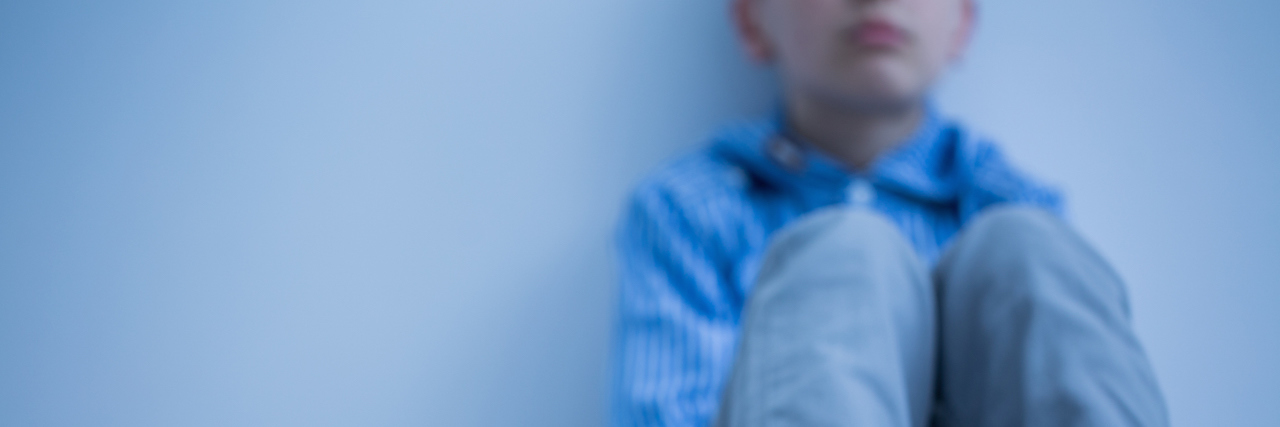13 Reasons You Should Watch 'A Dangerous Son'
Amidst the controversy of the release of the second season of “13 Reasons Why,” there has been a quieter release of a documentary, “A Dangerous Son.” This HBO film looks closely at the personal lives of three families struggling to find help for their children. Here’s why it’s worth a viewing:
1. This is real life. While the drama surrounding “13 Reasons Why” may draw you in, “A Dangerous Son” gives you a look into the homes of real people. These families are honest, vulnerable and raw; allowing the public an inside view into lives that outsiders rarely have.
2. One in five. One in five children ages 13 to 8 have, or will have, a mental illness. Further, 43.8 million adults will experience mental illness in a given year. This means if you and your family are untouched by mental illness, you undoubtedly know several people who are affected whether you know it or not.
3. We feel judged. If you have a child who struggles, you know even the most basic thing like a trip to the store or getting on the bus in the morning to go to school can be full of challenges. We see the other parents looking at us and maybe even commenting, “You should be able to control your child,” or, “Have you tried X-Y-Z?” And yes, we’ve tried X-Y-Z and A-B-C and even 1-2-3, but it’s not enough.
4. Asking for help is hard. When our children struggle with mental illness, a lot of feelings come up for us. We might feel embarrassed, guilty or ashamed. Asking for help requires us to admit we don’t have it all figured out and we don’t have all the answers.
5. We are doing our best. If a parent is saying they need help, listen to us. Believe us. Help us.
6. Help isn’t always available. Even when parents summon the courage to ask for help, the help we need isn’t always available. While private supports may be available to those with financial means there are often no beds available when a youth is in crisis.
7. No one wants to talk about it. Mental health stigma is alive and well. When a child is hospitalized for psychological reasons, communities do not rally in the same way they might if your child had a physical illness. As one mom stated in the documentary, “Mental illness is not a casserole disease.”
8. We want to be heard. Despite our struggles, we do know what’s best for our children and we want to be heard. Often when we are in crisis, we become accustomed to being told what to do. Please ask us for our thoughts and feelings and don’t make decisions without us.
9. There is no magic or perfect cure. If there were an easy fix, we would have figured it out by now. Diagnoses and prescription medications are often a guessing game and every child is different. Sometimes solutions come from thinking outside the box and a variety of supports discovered through nothing more than trial and error.
10. Support systems are crucial. Families need supports, both formal and informal. Even if our children are feeling supported, we, as the parents, are often left feeling lost, confused, overwhelmed and isolated ourselves. It is important for parents to feel supported by family, friends, neighbors and professionals so that we can find ways to take care of ourselves in the midst of supporting our children.
11. All youth and families have strengths. It is only by focusing on these strengths that we will find a path forward.
12. Early treatment changes the trajectory. By utilizing universal screenings through pediatricians, schools and communities, we can identify youth in need of supports before reaching the point of crisis. To quote the film, “Treatment before tragedy.” Change is possible.
13. There is always hope. Always. Even in darkest times, we must work to maintain a hopeful outlook. Perhaps that hope is for a new medication or an innovative therapy or perhaps that hope is simply for the sun to shine tomorrow and for the next day to be better than the day before.
Have you watched “A Dangerous Son”? What are your thoughts? Do you have a child who struggles with their mental health? I’d love to hear from you!
This article originally appeared on Medium.
We want to hear your story. Become a Mighty contributor here.
Getty image via KatarzynaBialasiewicz

